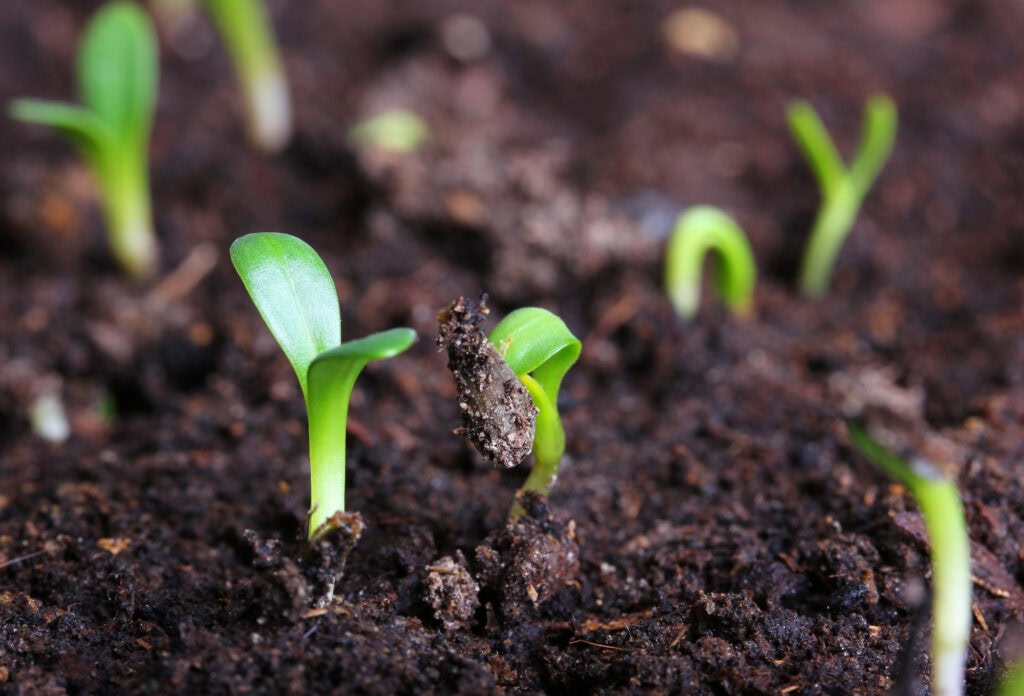The Importance of Beneficial Bacteria in Organic Farming
In organic farming, the health of the soil is paramount. One of the key players in maintaining and enhancing soil health is beneficial bacteria. These microorganisms are essential for supporting and enhancing organic farming practices, offering numerous benefits that lead to healthier crops and more sustainable farming systems.
Enhancing Soil Fertility
Beneficial bacteria play a crucial role in enhancing soil fertility. These microorganisms help in breaking down organic matter, converting it into nutrients that plants can easily absorb. For instance, bacteria involved in nitrogen fixation convert atmospheric nitrogen into forms that plants can use, significantly boosting soil fertility. This natural process reduces the need for chemical fertilizers, making organic farming more sustainable.
Improving Soil Structure
The activities of beneficial bacteria contribute to the improvement of soil structure. These microorganisms produce substances that help bind soil particles together, creating a crumb-like structure that enhances soil aeration and water retention. Good soil structure allows roots to penetrate more easily, ensuring that plants have better access to nutrients and water. Improved soil structure also reduces erosion and runoff, preserving valuable topsoil.
Promoting Plant Health
Beneficial bacteria are instrumental in promoting plant health by protecting plants from diseases and pests. Certain bacteria produce antibiotics and other compounds that inhibit the growth of harmful pathogens. Additionally, these bacteria can outcompete harmful microorganisms for space and nutrients, effectively reducing the incidence of plant diseases. Healthier plants mean better yields and higher quality produce in organic farming systems.
Enhancing Nutrient Uptake
Beneficial bacteria also enhance nutrient uptake by forming symbiotic relationships with plant roots. For example, endomycorrhiza is a type of beneficial fungus that works closely with bacteria to facilitate nutrient exchange. These symbiotic relationships enable plants to access nutrients that are otherwise unavailable, leading to improved growth and productivity.
Reducing Dependence on Chemical Inputs
One of the significant advantages of utilizing beneficial bacteria in organic farming is the reduced dependence on chemical inputs. By naturally enhancing soil fertility, structure, and plant health, beneficial bacteria minimize the need for synthetic fertilizers and pesticides. This reduction not only supports organic certification but also contributes to a healthier environment by reducing chemical runoff and soil degradation.
Supporting Sustainable Farming Practices
Incorporating beneficial bacteria into organic farming practices supports sustainability by fostering a more resilient and self-sustaining agricultural system. Healthy soils rich in beneficial bacteria are better equipped to withstand environmental stresses such as drought and extreme temperatures. This resilience is crucial for maintaining productivity in the face of climate change and other environmental challenges.
Beneficial bacteria are indispensable allies in organic farming, playing a vital role in enhancing soil health, improving plant growth, and supporting sustainable farming practices. By harnessing the power of these microorganisms, organic farmers can achieve healthier crops, higher yields, and a more sustainable agricultural system.
For more information on how beneficial bacteria and endomycorrhiza can enhance your organic farming practices, contact us today. Together, we can cultivate a healthier, more sustainable future for agriculture.
Sources:
Organic farming enhances soil microbial abundance and activity—A meta-analysis and meta-regression – https://journals.plos.org/plosone/article?id=10.1371/journal.pone.0235097
Soil beneficial bacteria and their role in plant growth promotion: a review – https://annalsmicrobiology.biomedcentral.com/articles/10.1007/s13213-020-01573-0
Beneficial soil-borne bacteria and fungi: a promising way to improve plant nitrogen acquisition – https://academic.oup.com/jxb/article/71/8/2222/5682681
Beneficial Microorganisms for Sustainable Agriculture – https://link.springer.com/article/10.1007/s11104-005-5847-7
Soil Health and Nutrient Density: Beyond Organic vs. Conventional Farming – https://www.frontiersin.org/articles/10.3389/fsufs.2020.587133/full
